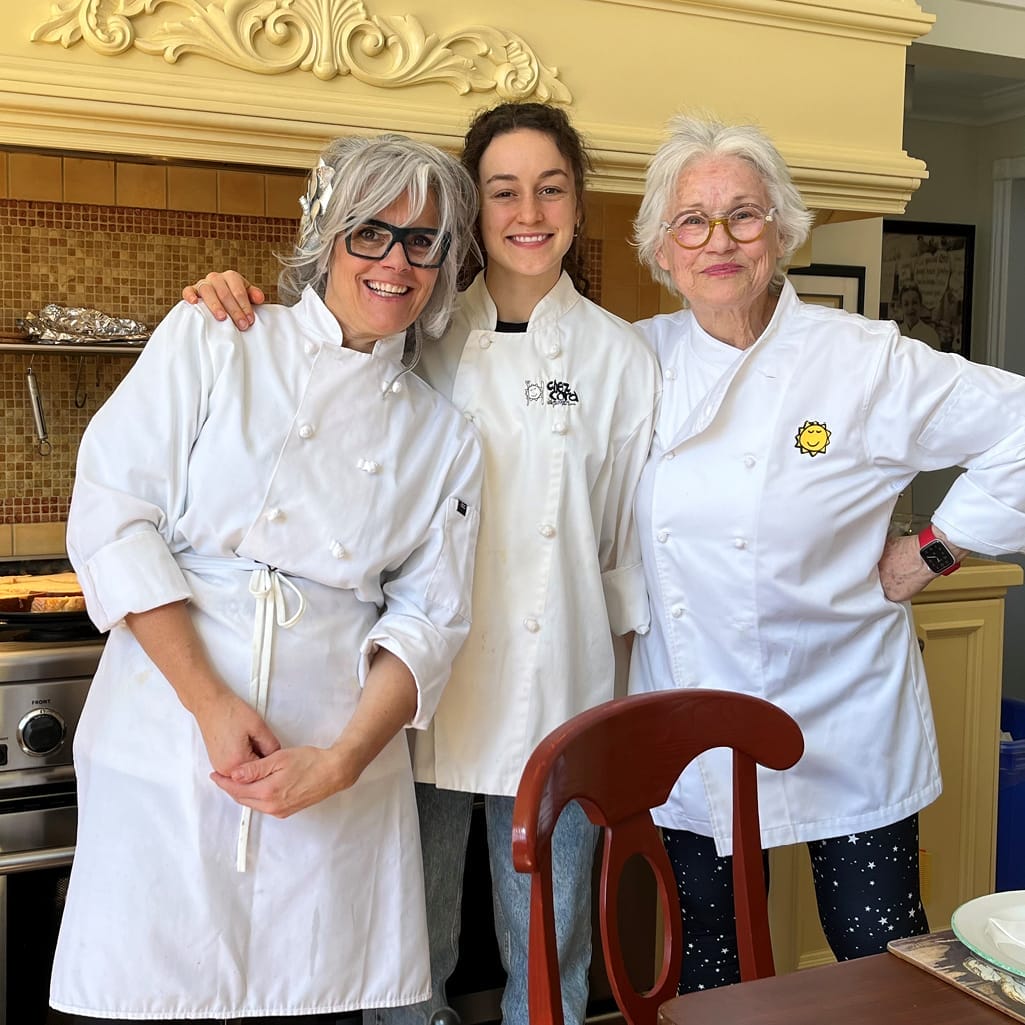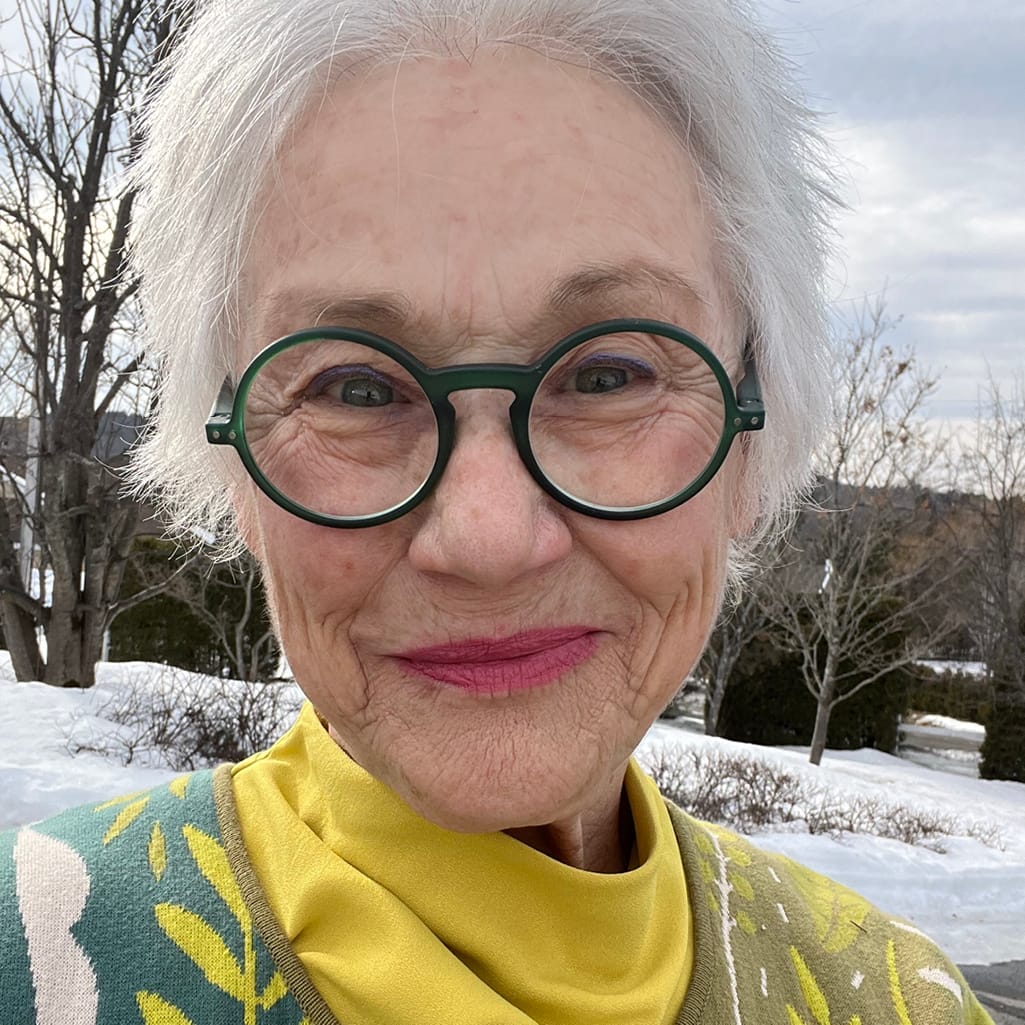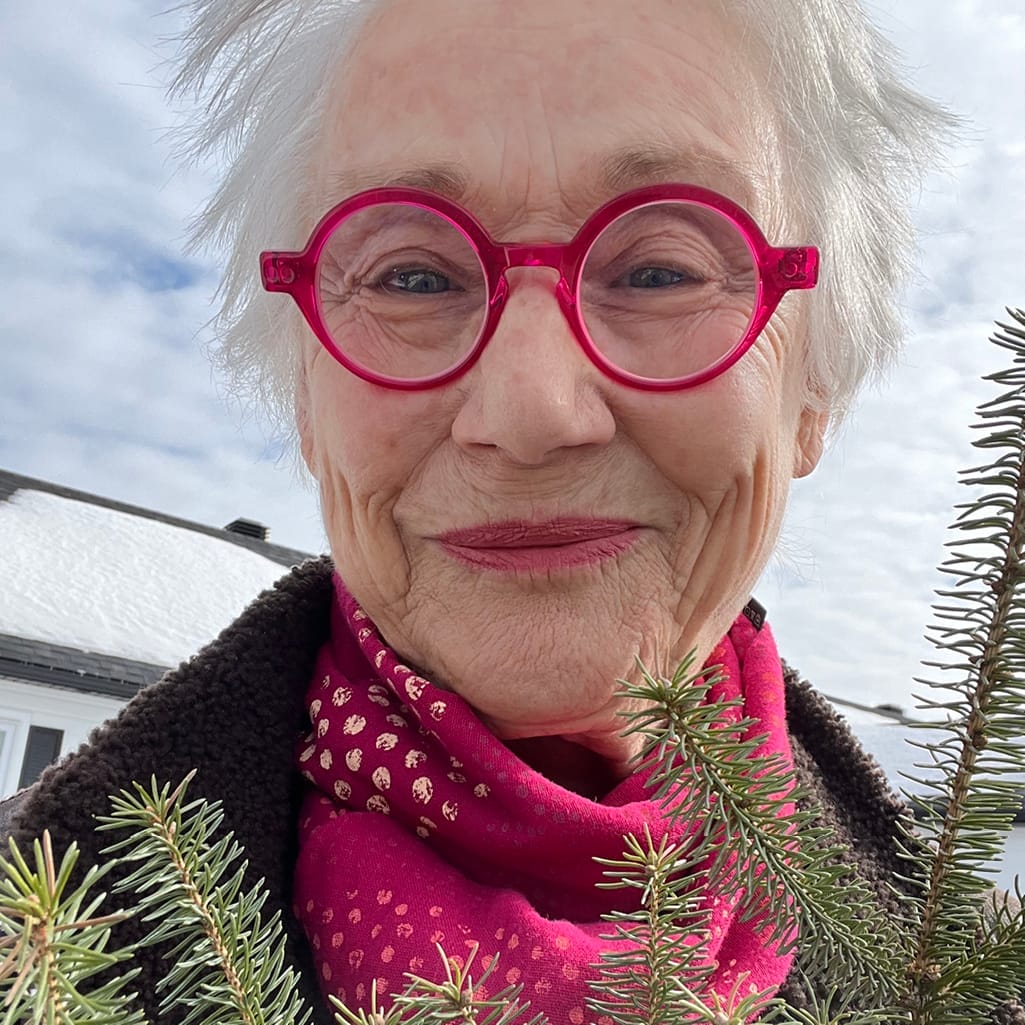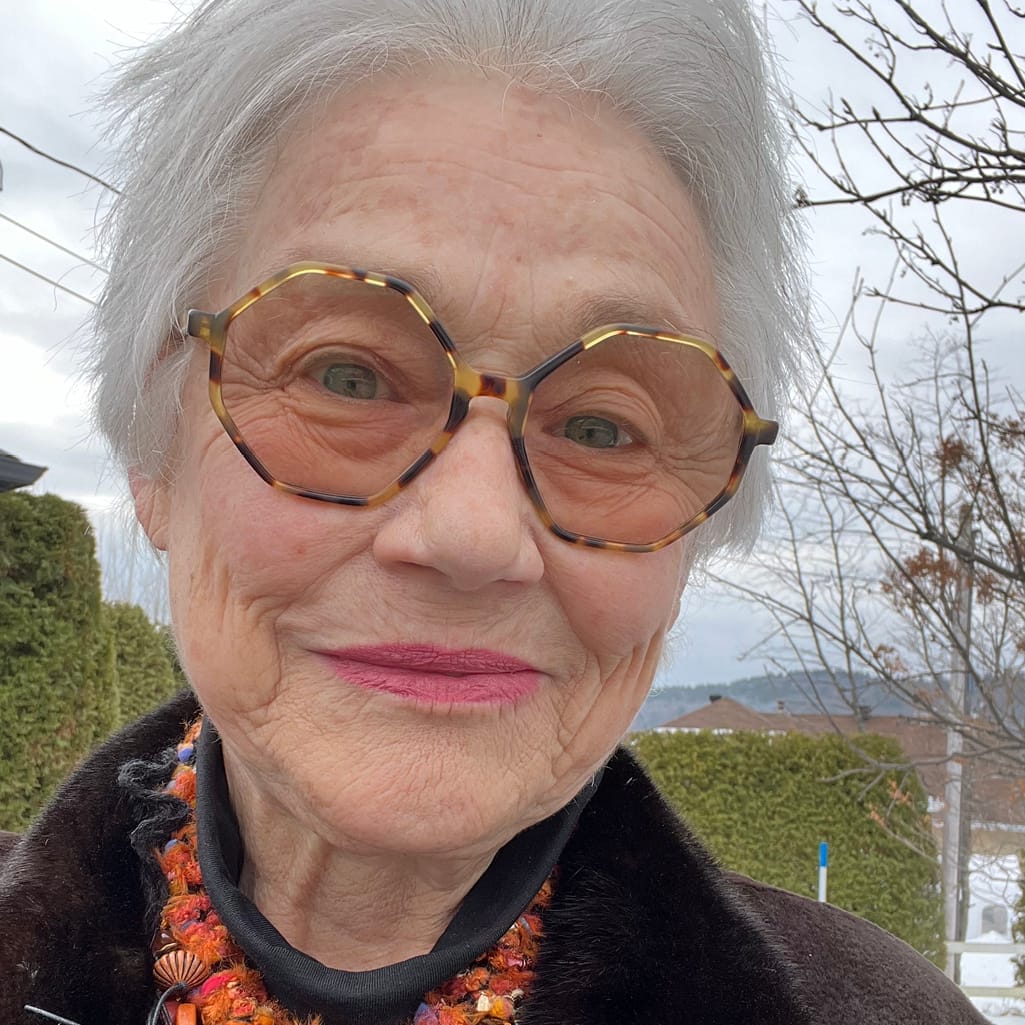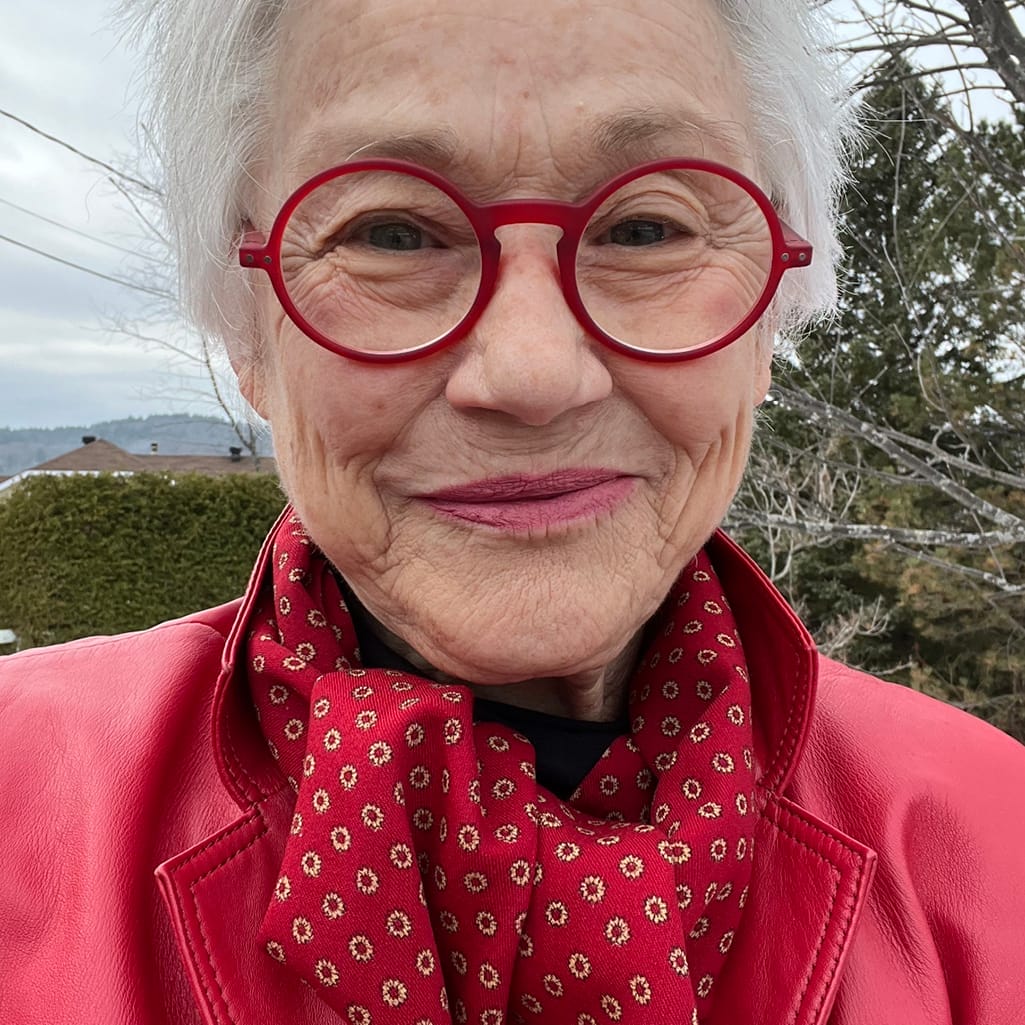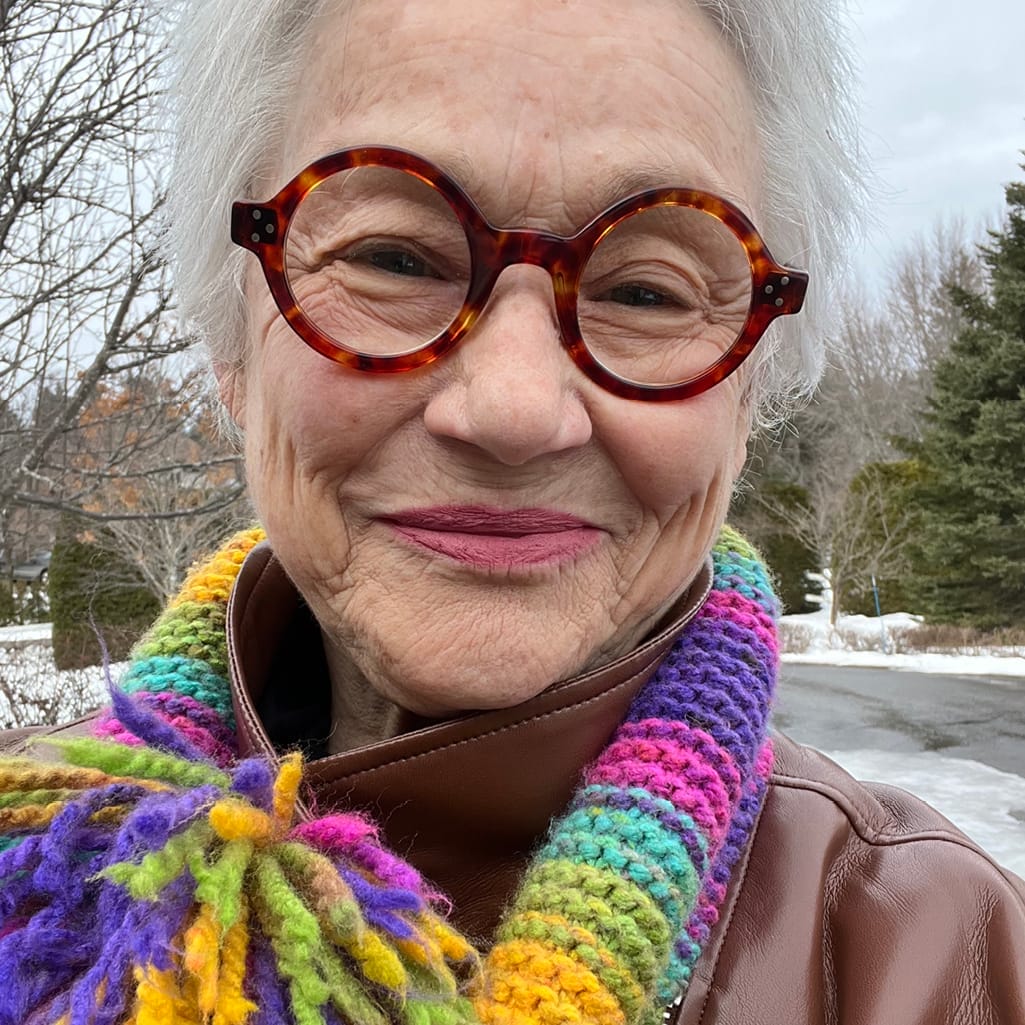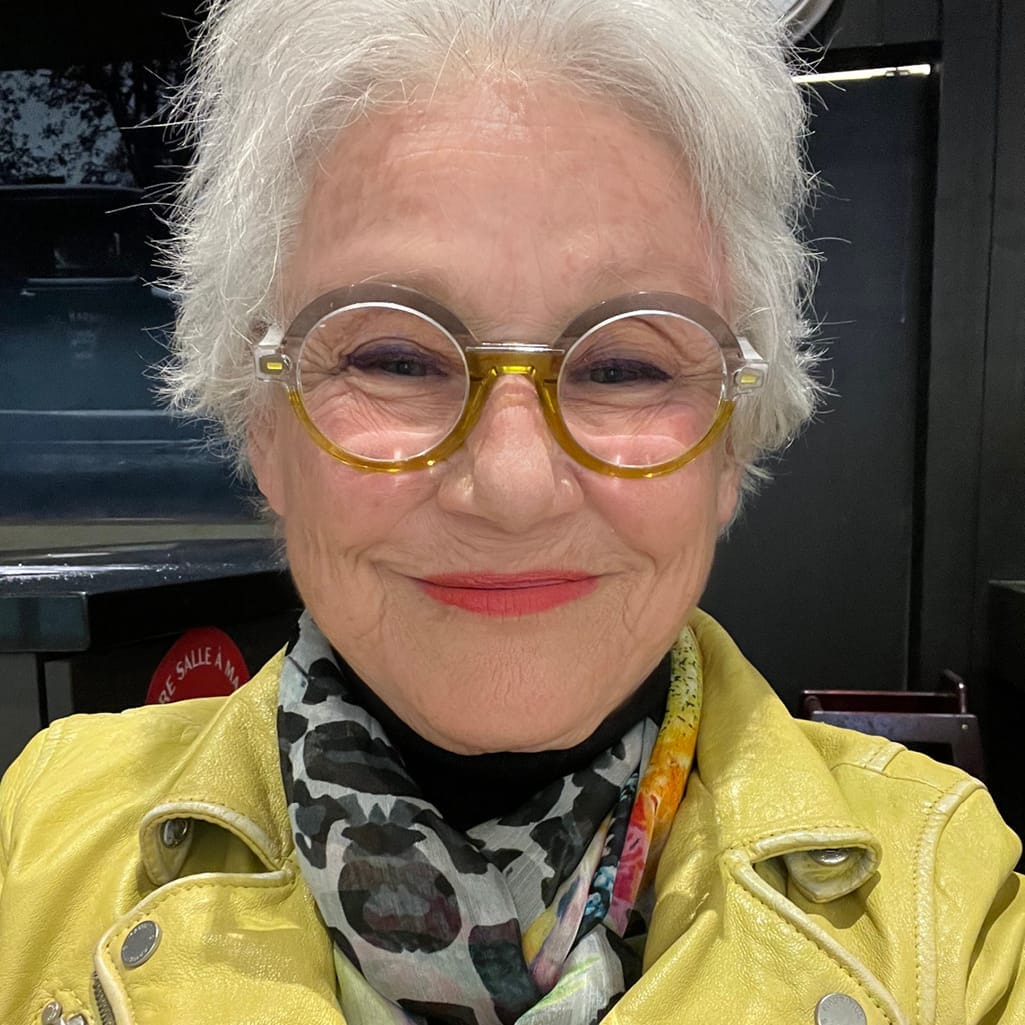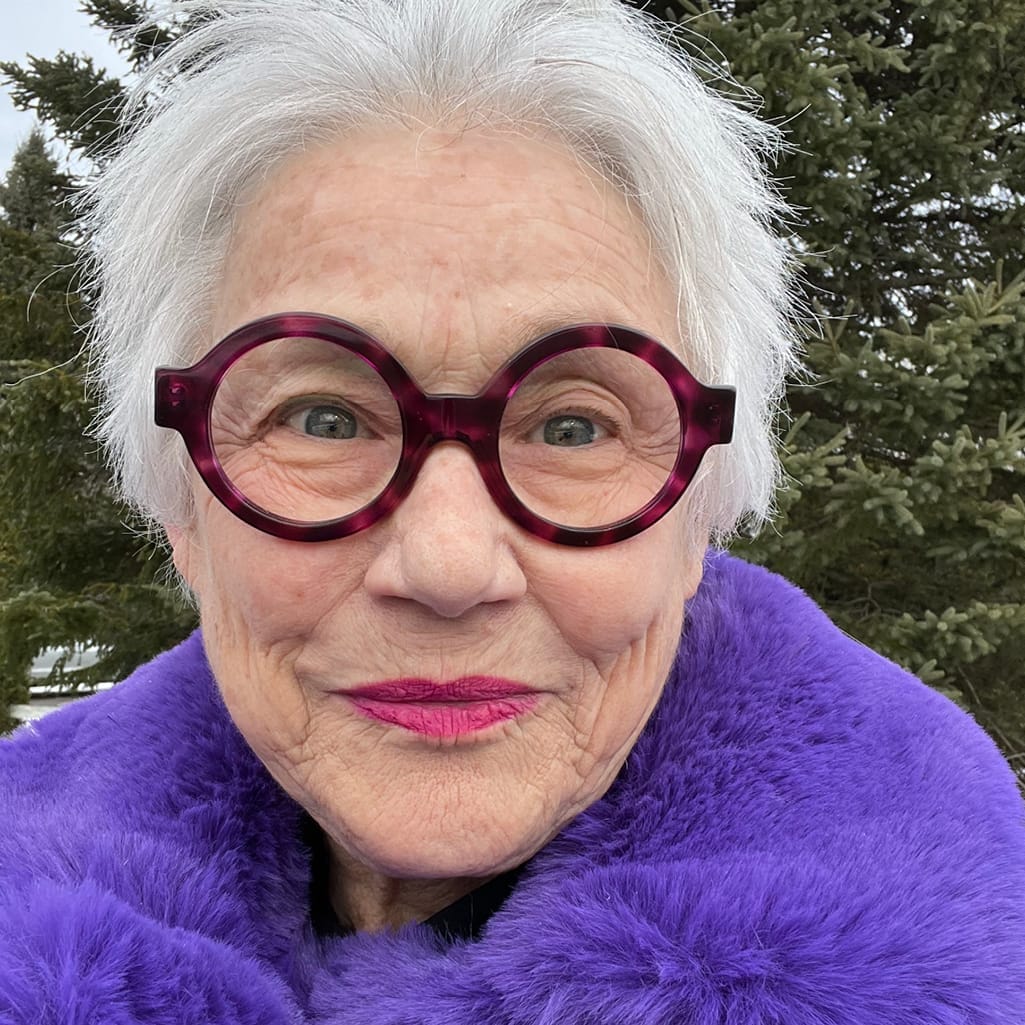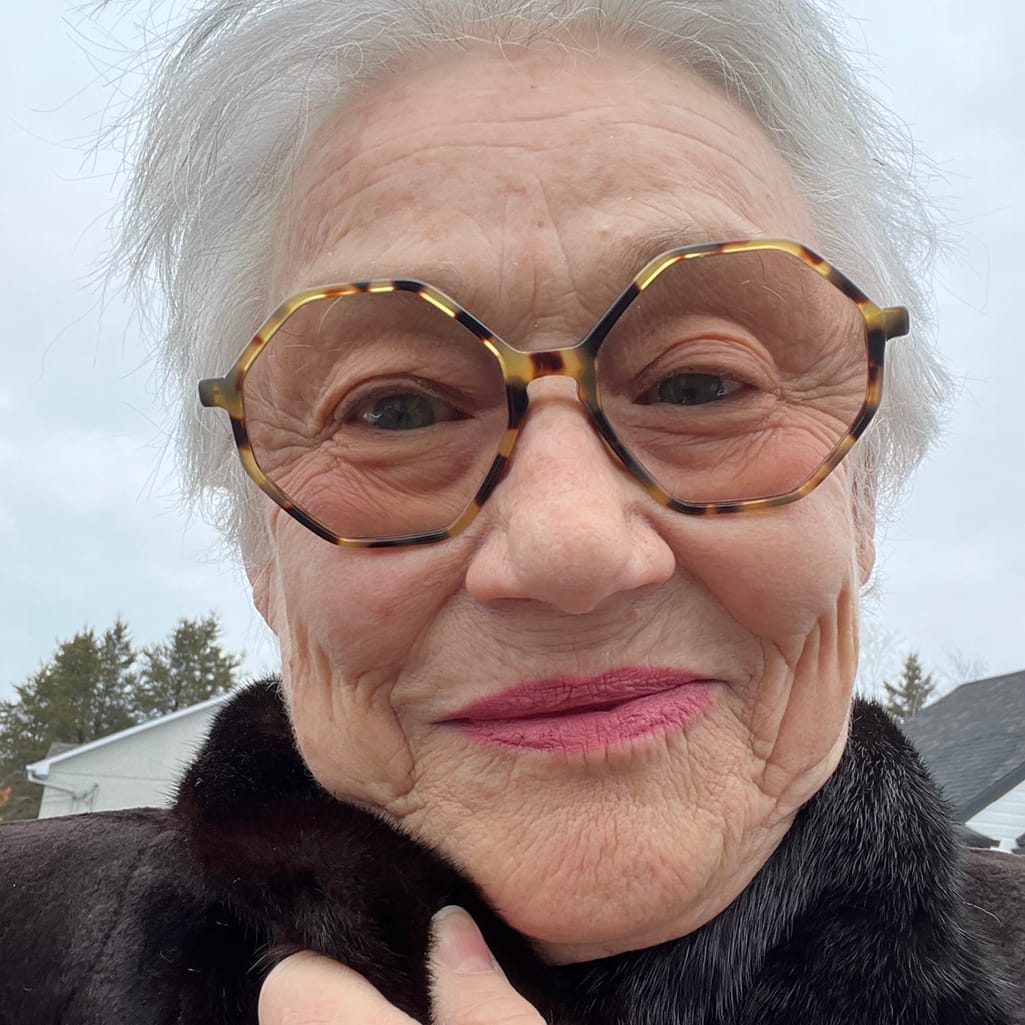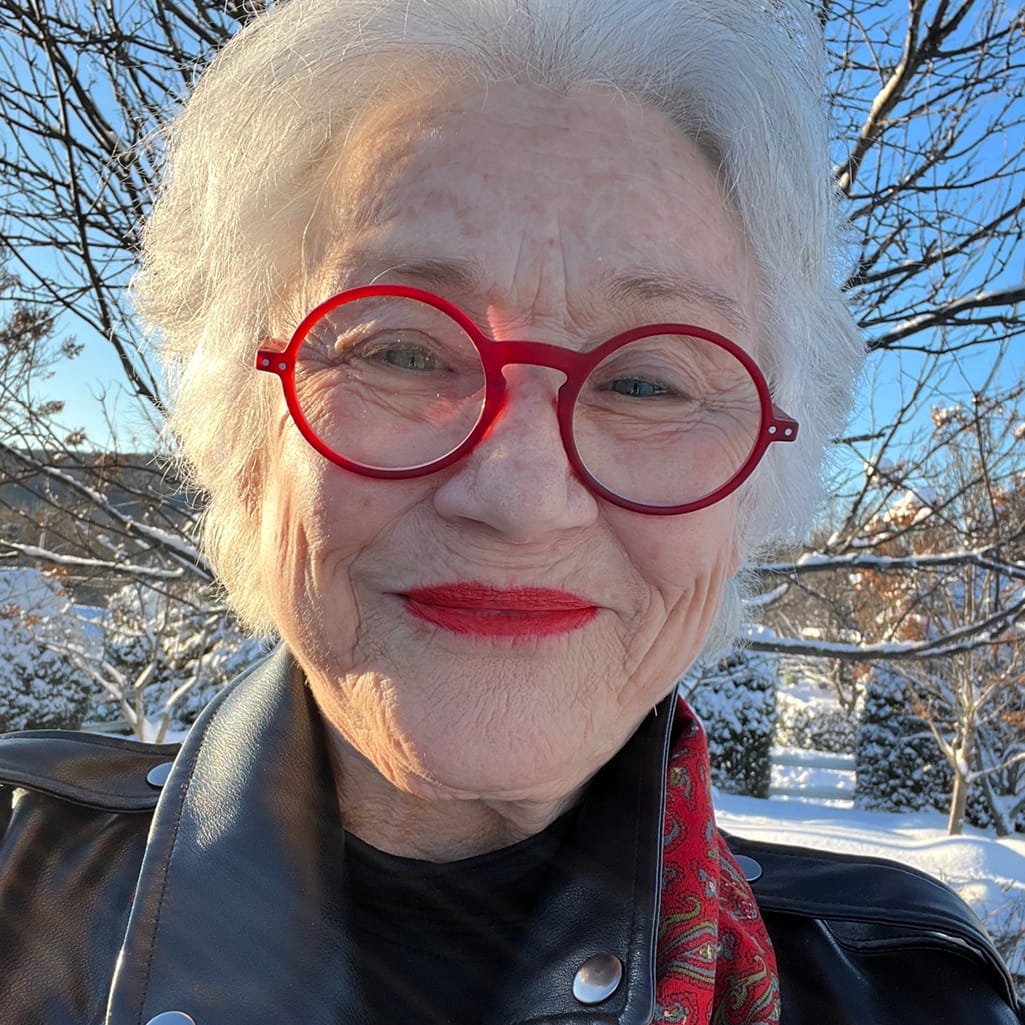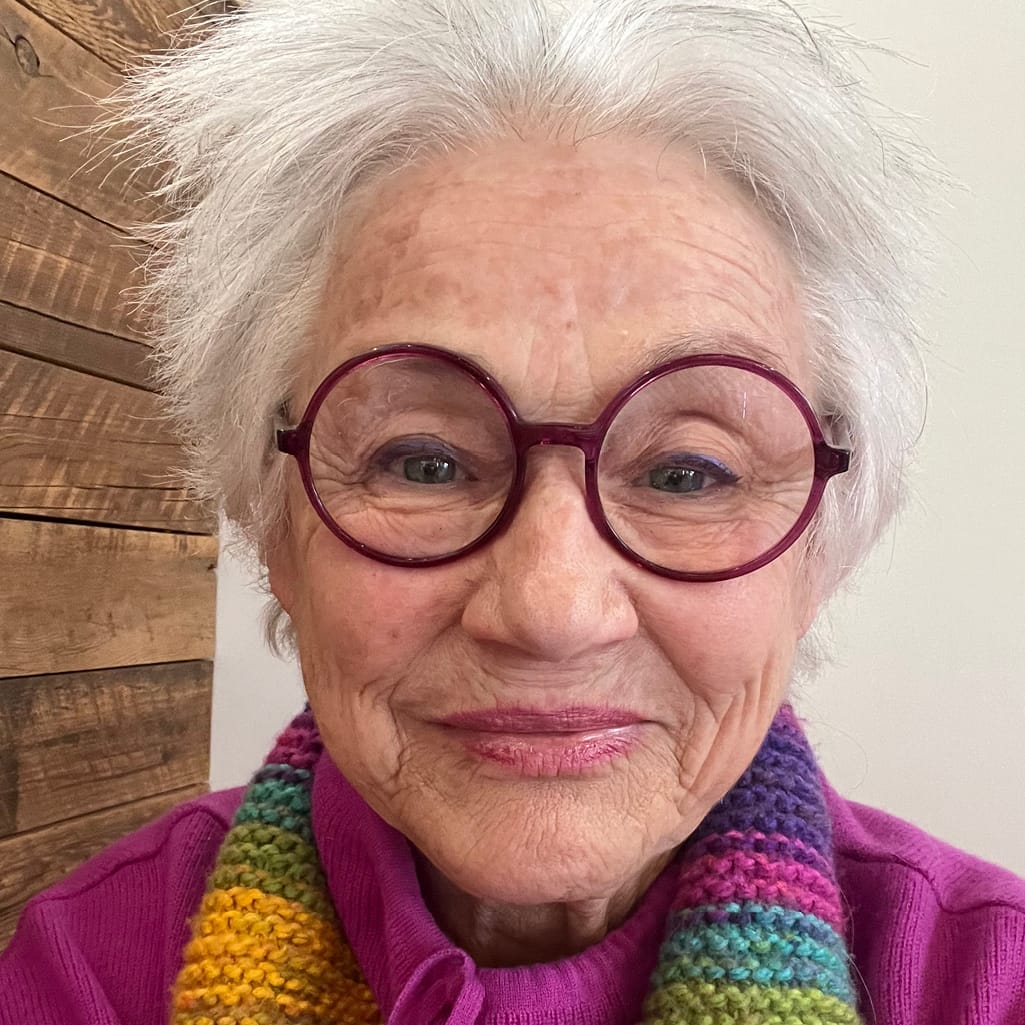Madama Butterfly
I finally did it! I finally went to Place des Arts in Montreal. Seeing an opera for the first time had been on my bucket list for ever, and I’m eager to tell you about this surreal and sublime evening this morning as I sit here and write.
I got there early, around 5:30 p.m. It was nice outside, so I went for a walk in the area for nearly an hour before entering Puccini’s kingdom, where an expert host was talking about the opera that was about to take place before our eyes.
I was already smitten. I knew the storyline. I thought I’d forgotten the music for Cio-Cio-San, the young geisha, but I recognized the famous musical melodies from Madama Butterfly when the host played a few strains for us.
As a young woman, before suffering the psychological blows of a horrible husband, I adored the human voice. Pavarotti was my hero, and he was often accompanied by Plácido Domingo and José Carreras. The power of their voices transported me. I was, at the time, a young thinker with bold dreams of rewriting the world’s history. And yet it’s that very sea of possibilities that carried me into narrow streams, forcing me to swim against the current towards my true self. I was 15, the same age as Puccini’s young geisha, and even back then I loved the human voice. I knew that this voice was a hidden treasure, a volcanic eruption able to soften the most terrible sorrows. And I would eventually use that voice to come back to life.
Thirteen long years wasted in a bad marriage had deprived me of books, music and divine voices. But I wrote a new story for myself. Do, re, mi, fa, so, la, ti. I escaped and found my life again. In 1980, I was free as a bird. I was 33 and Andrea Bocelli was 22. He sang like a god and I wanted to marry him. I felt this urgency to make up for lost time, but like Mom used to say: “It’s no use crying over spilled milk.” Most importantly, I had to go back to work to feed my children. And I did, for more than 30 years, with the an authoritative baritone voice.
So there I was, seated in the first row, right in front of the orchestra. The curtain, a huge Japanese screen, opened. We are in Nagasaki and then Goro. The town’s matchmaker is giving the American Lieutenant a tour of his new house. He introduces him to Suzuki, his future wife’s new maid. The American Consul is present and warns Pinkerton against his union to Cio-Cio-San, a young 15-year-old geisha, who is beaming with happiness at the thought of the forthcoming nuptials.
After the wedding ceremony, the bride’s uncle disowns her because Cio-Cio-San, lovingly nicknamed Madama Butterfly by her handsome American Lieutenant, has converted to her husband’s religion. The newlyweds then withdraw and sing a long love duet. Shortly after, Pinkerton returns to the United States. Three years go by and Butterfly is still without any word from him. In her heart, she is convinced he will come back to her. She even goes as far as to reject the advances of a wealthy prince whom she meets.
As Cio-Cio-San patiently awaits her Lieutenant’s return, the American Consul learns that Pinkerton has remarried and he must announce the news to Butterfly. She doesn’t believe him, however, and continues to wait in vain. She announces that if it were true, she would end her life.
She continues to wait for the return of her long lost love while filling her home with flowers and hope. One day, she learns that Pinkerton is returning… with his new American wife. When he arrives, Madama Butterfly lives the last moments of her life. She places her young son in the care of the new American wife and performs hara-kiri in front of the American Lieutenant.
I cried my soul out during the opera, and all my heavy memories dissolved in Madama Butterfly’s tears. I’m extremely grateful to the extraordinary Lebanese-Canadian soprano, Joyce El-Khoury, who interpreted Madama Butterfly, for her uplifting experience.
Cora
🎼🎤🎟

